Starting a home garden can be a rewarding experience, but it can also be overwhelming for beginners. There are many factors to consider when it comes to gardening, from the soil and plant selection to the watering schedule and pest control. In this article, we will provide 10 easy home gardening tips for beginners to help you get started and create a thriving garden.
Introduction
Home gardening can be a fun and rewarding hobby for people of all ages. However, many beginners feel overwhelmed when it comes to starting a garden. The key to success is to start small and gradually work your way up. In this article, we will provide 10 easy tips that will help you create a thriving garden.
Choose the right location for your garden
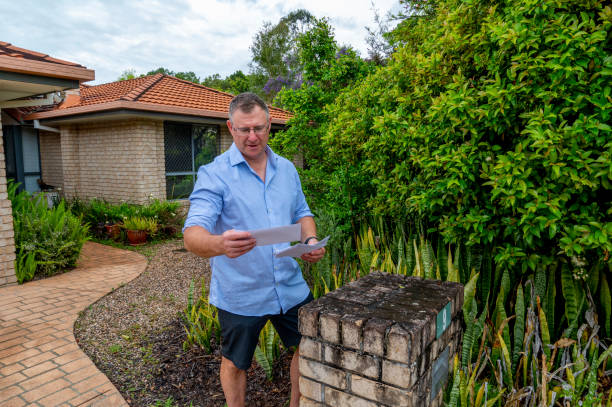
Choosing the right location for your garden is crucial for its success. Your garden should receive at least 6 hours of sunlight each day. Look for a spot in your yard that is flat and well-drained. Avoid areas that are too shady or have poor drainage.
Determine the soil type and quality
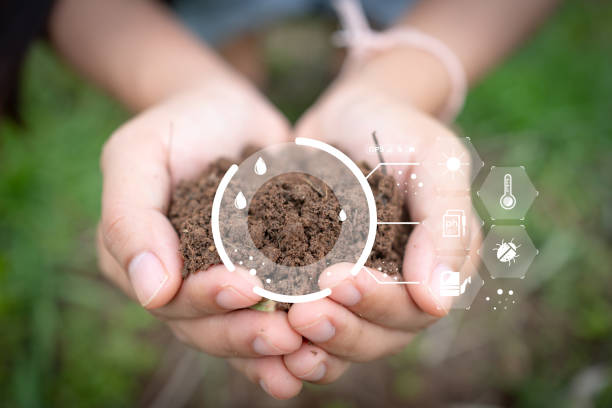
Before you start planting, it’s important to determine the type and quality of your soil. You can do this by conducting a soil test. Once you know what you’re working with, you can make any necessary amendments to improve the soil quality.
Select the right plants for your garden
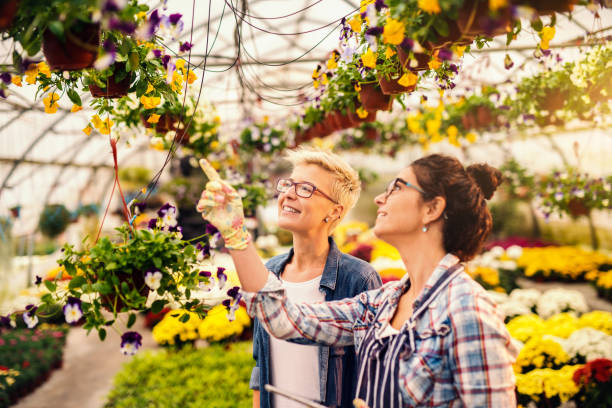
Selecting the right plants for your garden is important. Choose plants that are well-suited to your climate and soil type. If you’re a beginner, it’s best to start with easy-to-grow plants like herbs, tomatoes, and lettuce. These plants are low-maintenance and will give you a good foundation for future gardening endeavors.
Water your garden regularly
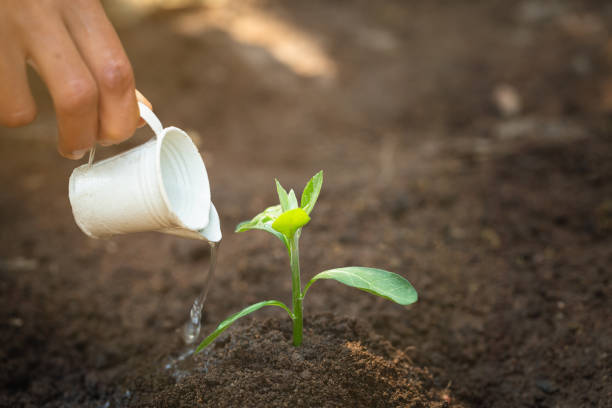
Watering your garden regularly is essential for the health of your plants. Most plants need at least 1 inch of water per week, depending on the climate and soil conditions. Water your plants deeply, but be careful not to over water them.
Fertilize your plants
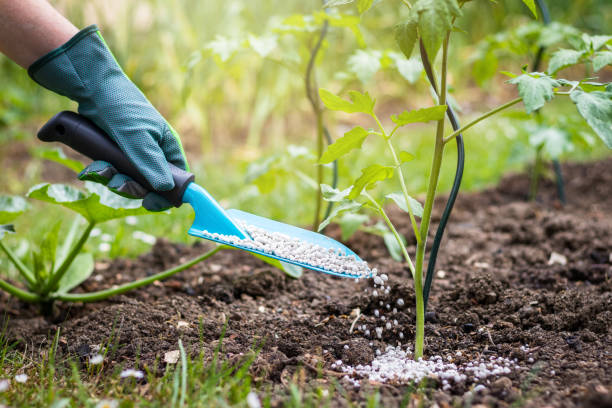
Fertilizing your plants will help them grow strong and healthy. There are many types of fertilizers available, including organic and synthetic options. Choose a fertilizer that is appropriate for your plants and apply it according to the package directions.
Mulch your garden beds
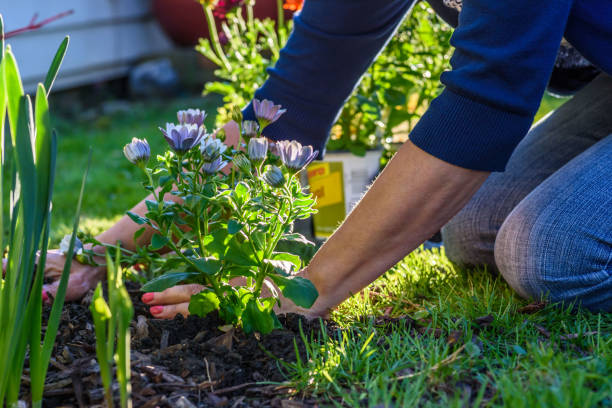
Mulching your garden beds will help retain moisture, suppress weeds, and regulate soil temperature. Use a natural mulch like straw, leaves, or grass clippings.
Protect your plants from pests and diseases
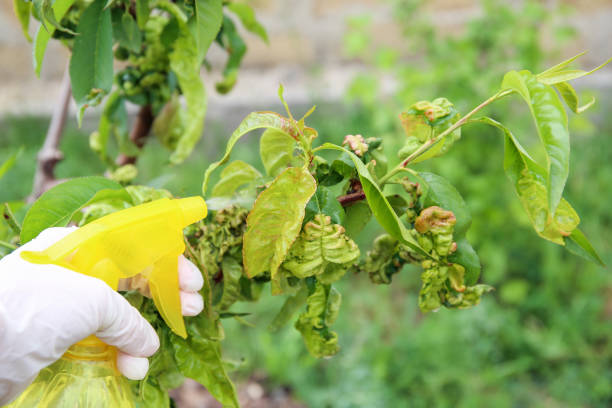
Protecting your plants from pests and diseases is important to ensure a healthy harvest. There are many natural remedies you can use to control pests and diseases, including neem oil, garlic spray, and insecticidal soap.
Prune your plants regularly
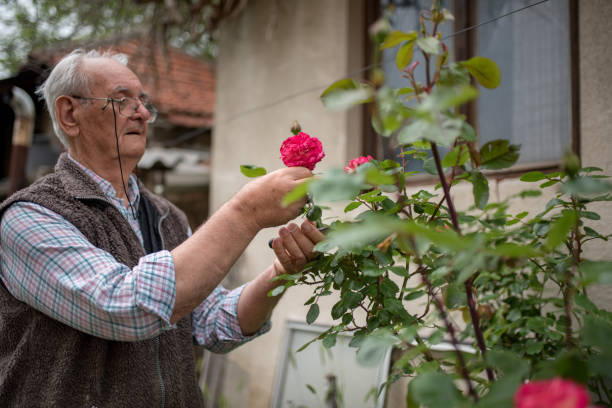
Pruning your plants regularly will help them grow stronger and healthier. It’s important to remove dead or damaged branches, as well as any growth that is crossing or rubbing against other branches.
Harvest your crops at the right time

Harvesting your crops at the right time is important for their flavor and nutritional value. Different plants have different harvest times, so be sure to research the optimal time to harvest your specific crops.
FAQs
How often should I water my plants?
The frequency of watering depends on the plant's needs and the climate. Most plants need at least 1 inch of water per week, but it's important to avoid overwatering.
What are some common pests and diseases that affect home gardens?
Common pests include aphids, slugs, and snails, while common diseases include powdery mildew, blight, and root rot.
Can I use chemical fertilizers in my home garden?
While chemical fertilizers can be effective, they can also be harmful to the environment and your health. It's best to use organic fertilizers whenever possible.
How often should I prune my plants?
The frequency of pruning depends on the plant's growth rate and the desired shape. As a general rule, prune your plants once or twice a year.
How can I make my home garden more eco-friendly?
You can make your home garden more eco-friendly by using organic fertilizers and pest control methods, conserving water, and composting your kitchen and garden waste.
Conclusion
Starting a home garden can be a fun and rewarding experience for beginners. By following these 10 easy tips, you can create a thriving garden and enjoy the fruits of your labor. Remember to start small and gradually work your way up. Don’t be afraid to make mistakes and learn from them. With patience and persistence, you can become a successful gardener in no time.
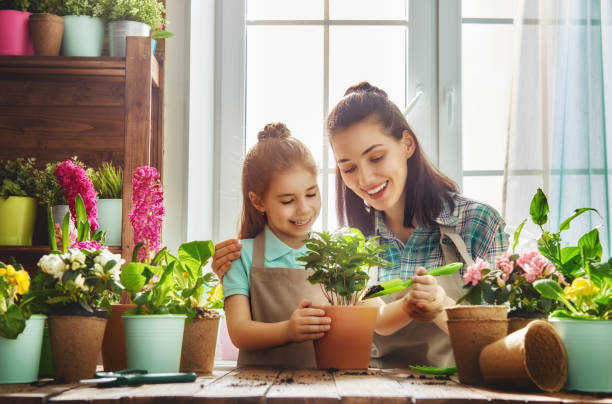
Comments are closed, but trackbacks and pingbacks are open.